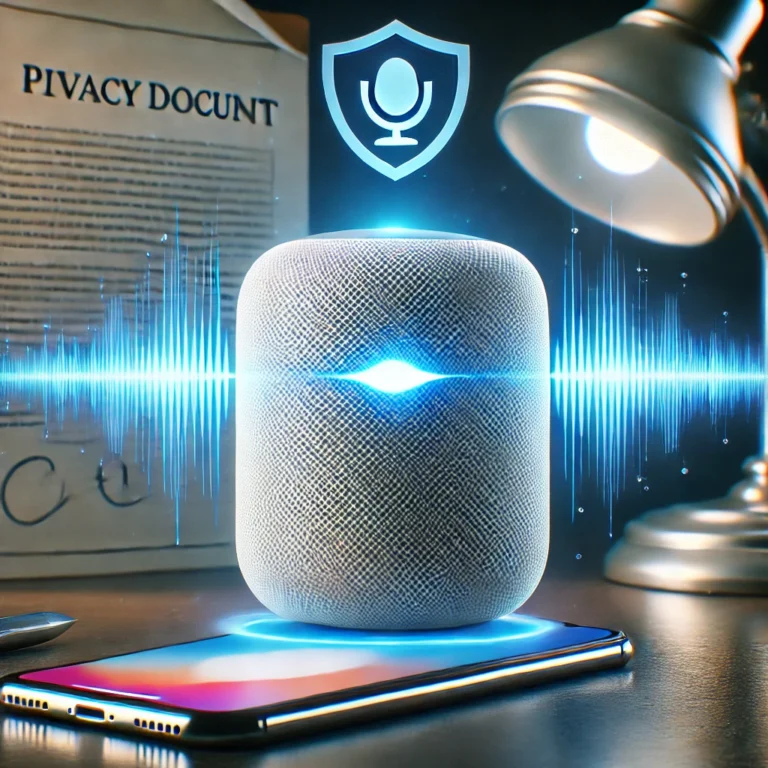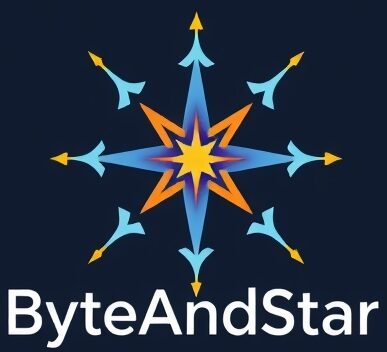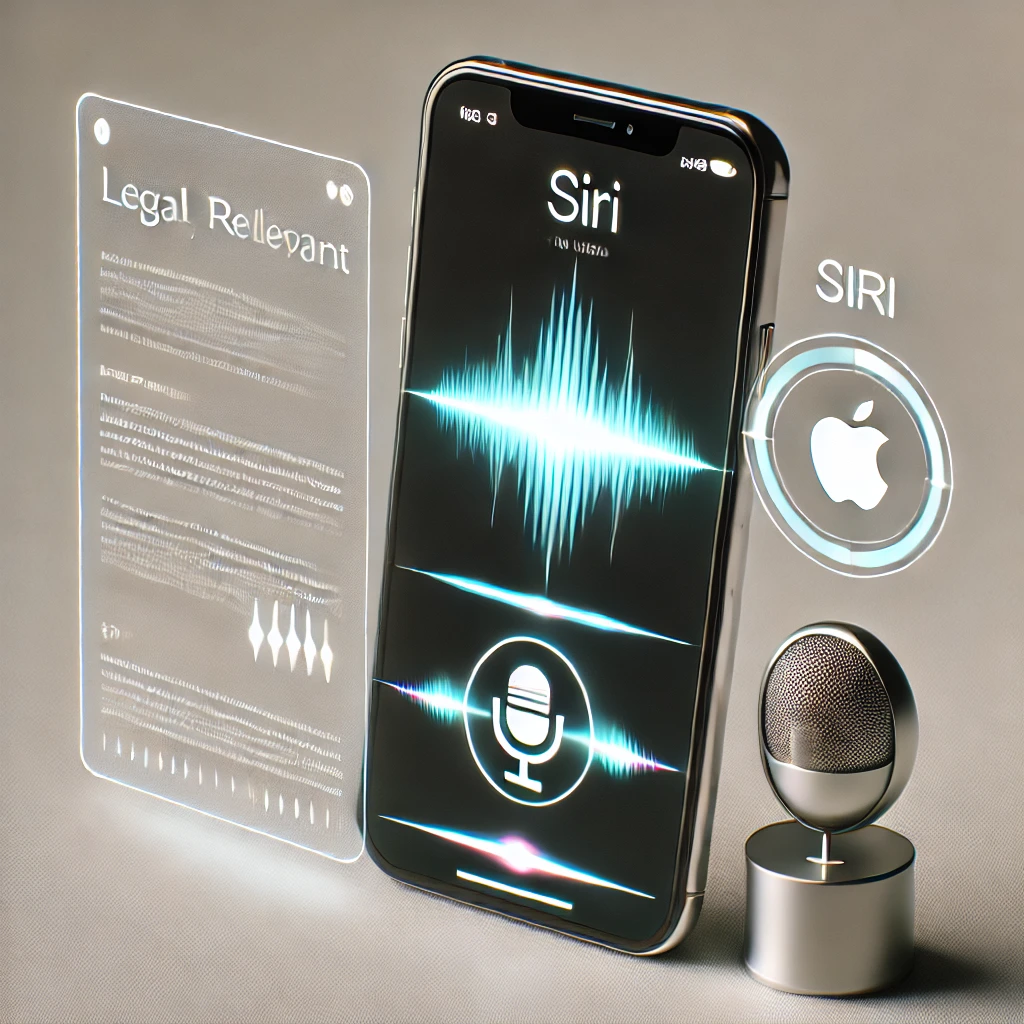In the world of tech, few stories capture our attention like those involving privacy and big players like Apple. 🌐🛡️ Recently, Apple agreed to a $95 million Siri Privacy Settlement over a class-action lawsuit involving Siri—the company’s iconic voice assistant. This lawsuit wasn’t just about dollars; it was a moment of reckoning for the balance between innovation and user trust. So, how did we get here, and what does it mean for the future of voice assistant technology? Let’s dive into the technical mechanics behind Siri, the privacy concerns at play, and the broader implications for the tech industry.
How Siri Works: A Technical Breakdown 🎧👨💻
To understand the privacy controversy, it’s essential to first grasp how Siri operates. At its core, Siri relies on automatic speech recognition (ASR) and natural language processing (NLP) to interpret user commands and deliver accurate responses.
Voice Capture and Edge Processing
When you say, “Hey Siri,” your device’s microphone captures the audio and performs initial processing locally on your device. This is known as edge processing. The primary goal of this step is to determine whether the audio input is an actual wake command or background noise. Apple introduced this local processing to improve latency and minimize the need for cloud interaction.
Transcription and Analysis
Once Siri confirms a command, the audio snippet is converted into text through ASR models. These models use deep learning algorithms trained on vast amounts of voice data. After transcription, the request is analyzed using NLP algorithms to understand the intent—whether it’s asking for the weather, sending a message, or searching the web.
Cloud Processing
For more complex requests, Siri often relies on cloud servers. When this happens, anonymized data—which may include snippets of the user’s voice—is sent to Apple’s servers for further processing. The use of the cloud allows for more robust computing power and enhanced accuracy. However, this also introduces a point of vulnerability, as sensitive data is temporarily stored off-device.
Machine Learning and Improvement Loops
To improve Siri’s performance, Apple collects anonymized data from interactions to train its models. This is where the controversy began. In the process of refining Siri’s accuracy, some audio clips were reviewed by human annotators to ensure the models interpreted the commands correctly.
External Link: For more on how ASR and NLP work, check out NLP Research Papers.
The Privacy Breach That Sparked the Lawsuit 🔒
The class-action lawsuit arose after reports revealed that Apple contractors were reviewing audio snippets from Siri interactions without users’ explicit consent. Some of these snippets reportedly contained sensitive information, such as private conversations, medical details, and personal addresses.
Explicit vs. Implicit Consent
In Siri Privacy Settlement, One of the central issues was the lack of explicit consent for human review. Users were unaware that their interactions could be manually reviewed as part of Siri’s quality assurance process. This lack of transparency raised alarms in the privacy community.
Anonymization Limitations
While Apple claimed that audio clips were anonymized, experts pointed out that even anonymized data can pose risks. Metadata, such as device location and request timestamps, can sometimes be cross-referenced to identify individuals.
Legal and Ethical Frameworks
The General Data Protection Regulation (GDPR) in Europe and California Consumer Privacy Act (CCPA) in the U.S. both emphasize the need for clear user consent before collecting or processing personal data. This lawsuit highlighted the tension between data-driven improvement of AI systems and the user’s right to privacy.
External Link: Read more about GDPR and its implications here.
The $95 M Settlement: What It Means for Apple and the Industry 💰
This Siri Privacy Settlement is more than just a financial penalty—it’s a wake-up call for voice assistant developers worldwide. Here’s why:
Transparency as a Priority
In the aftermath of the lawsuit, Apple updated its privacy policies to provide more transparency. Siri now includes prompts that explain when data may be used for performance improvements. Additionally, users have the option to opt out of audio review entirely.
Technical Solutions for Enhanced Privacy

There are several ways companies can ensure privacy while still improving their AI systems:
Federated Learning: This approach allows models to be trained locally on devices, with only the updates (not the raw data) being sent back to servers. This reduces the exposure of sensitive user data.
On-Device Processing: By advancing edge computing capabilities, companies can handle more requests directly on the device, minimizing data sent to the cloud.
Differential Privacy: This technique adds mathematical noise to data sets to ensure individual users’ data cannot be reverse-engineered.
Industry-Wide Precedent
Apple’s Siri Privacy Settlement could set a precedent for other tech companies. Amazon Alexa, Google Assistant, and other voice assistants could face similar scrutiny and be required to adopt stricter privacy safeguards.
Building User Trust
Restoring user trust after Siri Privacy Settlement requires not only compliance with regulations but proactive privacy practices. Companies that prioritize user agency, transparency, and robust privacy features will likely gain a competitive edge.
External Link: Learn about federated learning from Google AI’s Research Page.
What’s Next for Voice Assistants? 🤖
The future of AI-powered voice assistants hinges on balancing convenience with privacy. Here’s a deeper look into what lies ahead and the innovations we can expect:
Increased Edge Capabilities
As processing power in consumer devices continues to grow, voice assistants will increasingly rely on on-device edge computing to handle more complex requests. This shift will reduce latency and data transmission, improving speed and privacy.
For instance, future iterations may use more advanced neural networks to understand and process commands entirely offline for routine tasks, such as setting reminders and managing smart home devices.
Customizable Privacy Controls
Users will demand more granular control over their data-sharing preferences. We may see a rise in voice assistants offering tiered privacy settings, where users can adjust what types of data (if any) they allow to be stored or reviewed. Companies may also introduce privacy dashboards for real-time monitoring of data usage.
Personalized Yet Private Interactions
Through advances in techniques like federated learning and differential privacy, voice assistants could become more personalized without compromising user privacy. For example, these systems can learn user preferences directly on the device without sending sensitive data to the cloud.
AI-Driven Privacy Alerts after Siri Privacy Settlement
Future devices might feature built-in alerts when sensitive information is being captured, giving users an opportunity to pause or delete interactions. For example, a smart assistant could notify users if an unexpected audio snippet is detected or if recording has been triggered unintentionally
Integration with Wearables and IoT
As voice interfaces expand beyond smartphones and smart speakers to wearables and Internet of Things (IoT) devices, there will be a need for seamless cross-device privacy policies. Smart assistants will need to coordinate how they store and process user data across these interconnected devices to maintain consistent privacy levels.
Legislative Evolution and Standards
We may also see more industry collaborations that define privacy standards for voice assistants. New regulations could mandate transparency reports, external audits, and stricter user consent protocols to protect consumer rights in the era of ubiquitous voice technology.
Final Thoughts
Apple’s $95m Siri Privacy Settlement is a pivotal moment for the tech industry. While Siri’s technological underpinnings are impressive, this case underscores the importance of user trust and transparency. As voice assistants become more integrated into our lives, companies must navigate the fine line between innovation and privacy.
By addressing these concerns head-on, the industry can continue to innovate while respecting the digital rights of its users. In the end, the ultimate goal is to build technology that listens without overstepping—because, as we all know, privacy matters. 🏠⛔️
External Link: For an overview of AI ethics, visit AI Ethics Resources.
Watch on Youtube

